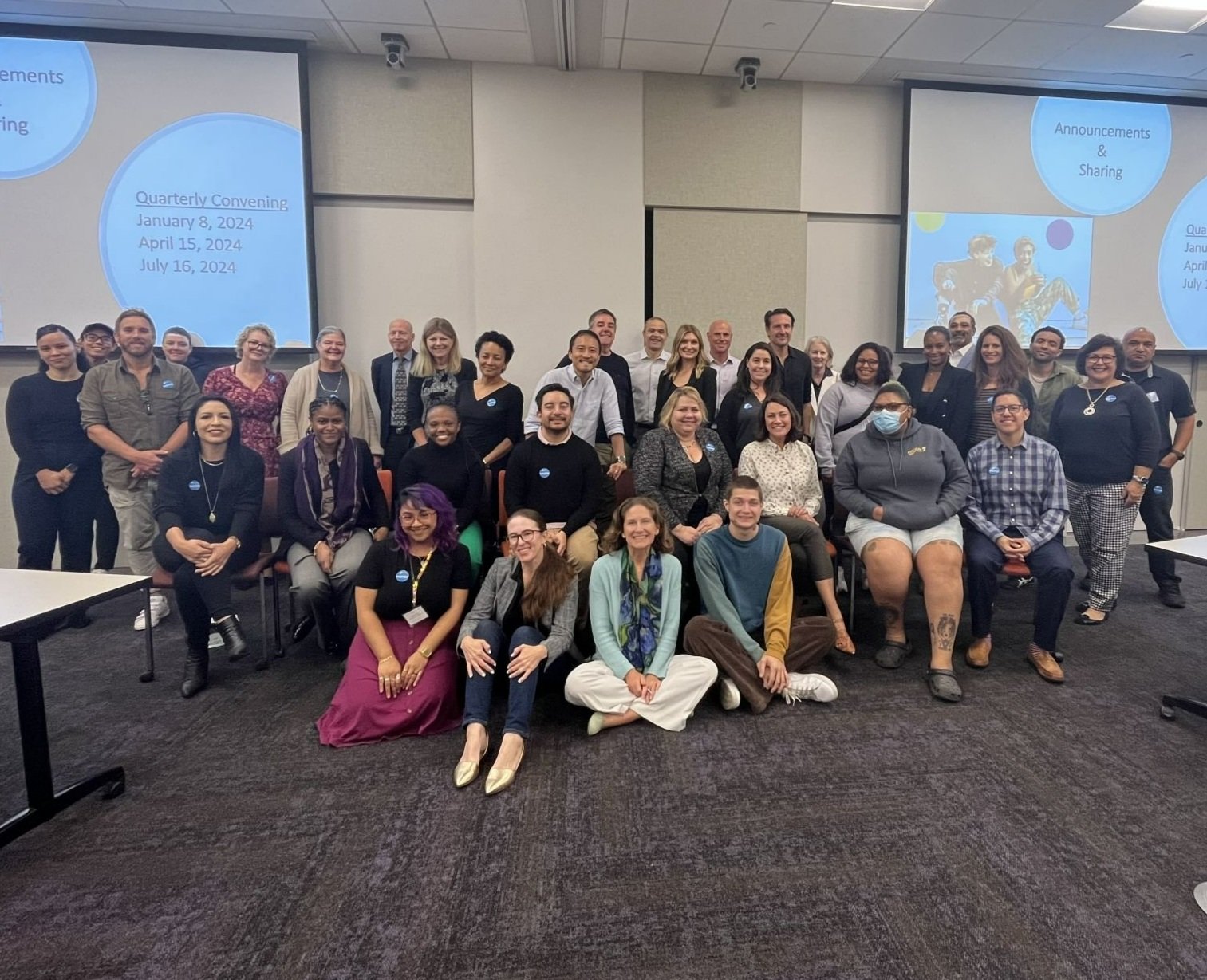OUR WORK
one roof
One Roof Los Angeles fosters collaboration across County departments to create a more accessible and supportive housing system for families and transition-age youth impacted by DCFS. With the Center’s support, DCFS has recently created a Supportive Housing Division that works with other agency partners to reduce the number of child welfare-involved families and youth entering homelessness, rapidly support those who are currently homeless, and streamline homeless prevention services.
demonstration project
One in four Transition Age Youth (TAY) who age out of the Los Angeles child welfare system annually will enter homelessness within two years. Additionally, Transitional Living Setting (TLS) youth, non-minor dependents still in care with the Department of Children and Family Services (DCFS), are in need of interim housing solutions to avoid falling into homelessness. The Bridge Support Partnership model eliminates barriers that prevent these youth from accessing the interim housing services that are fundamental to their long-term housing stability.
yya pooled fund
The Youth and Young Adult (YYA) Collective Funding Pool (The YYA Pooled Fund) is a collaborative, youth-led effort to prevent and, ultimately, end youth homelessness in Los Angeles. With a goal of granting more than $6 million in flexible private philanthropic funding over the next two years, The Collective will support compensated youth collaboration and housing and supportive services projects, along with capacity-building technical assistance, for youth-serving organizations. The Collective has an intentional focus on supporting small, BIPOC- and/or LGBTQIA+-led organizations.
TAY Housing Action Team
The Transition Age Youth (TAY) Housing Action Team brings together youth, nonprofit providers, and philanthropic partners to focus on developing an approach to ensure that all youth in Los Angeles County are placed into stable, permanent, independent housing and receive high-quality supports geared toward education, economic stability, relationships, and permanent housing. Together, we focus on supporting people based on needs, not age or systems, and ensuring services are trauma-informed and understand intersectionality.




